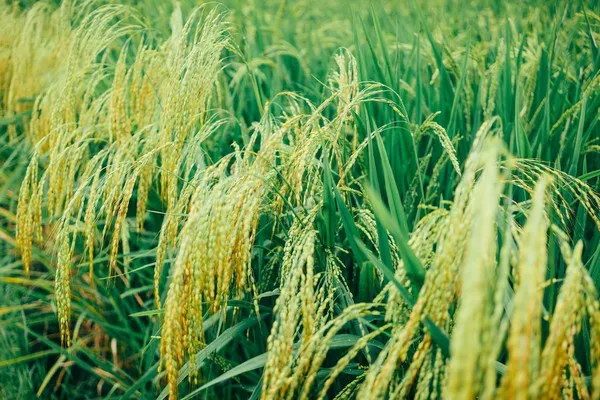India has long been a subject of scrutiny at the World Trade Organization (WTO) due to its public stockholding of foodgrains and minimum support price (MSP) programs, particularly for rice. Criticism from the US, Australia, Canada, and the EU revolves around India’s “highly subsidized” public stockholding program, which they argue breaches prescribed limits. These developed countries seek to restrict subsidies to 10% of production and impose limits on public stockholding of foodgrains, asserting that it distorts global markets. They also accuse India of breaching the WTO Agreement on Agriculture (AOA) guidelines, which mandate the reporting of all public stockholding programs.
India had invoked the ‘peace clause,’ allowing developing nations to exceed the 10% subsidy ceiling without facing legal action. This was done to provide additional support to rice farmers to meet the food security needs of its impoverished population. India also contended that it was not obligated to notify public stockholding programs beyond the crop exceeding subsidy limits. India mainly exports premium-quality rice, not common paddy procured under the MSP program.
Now, India, part of an 80-country coalition including the G33 and the Organisation of African, Caribbean, and Pacific States (OACPS), has proposed a new method for calculating subsidies to purchase, stockpile, and distribute food to ensure food security for developing and impoverished nations. They are rallying Arab nations and least developed nations to exert pressure on developed economies. The developing nations advocate for calculating subsidies using a more recent base year that accounts for inflation. Currently, the calculation relies on the external reference price (ERP), an average from the base years 1986-88. Developing nations propose calculating subsidies considering “excessive inflation” or using data from the last five years, excluding the highest and lowest entries for a product.
During a special session of the WTO’s Committee on Agriculture, India emphasized that this proposal is “the only way forward.” They are calling for a permanent solution for public stockholding at the 13th Ministerial Conference (MC13) scheduled for February 2024 in Abu Dhabi, UAE. China, South Africa, Indonesia, and Egypt join India in urging negotiations on stock holding. These negotiations are vital for finding a permanent solution to food security, especially for net food-importing developing countries facing severe food security challenges. However, WTO Director-General Ngozi Okonjo-Iweala anticipates challenges in achieving a breakthrough in food security and agriculture issues at MC13.
In India, food inflation constitutes a significant 39% of the Consumer Price Index (CPI) and has placed substantial pressure on the government. To address this, the government has imposed restrictions on rice exports, set stocking limits on wheat, and implemented other market interventions. Despite a slight decrease in food inflation from 11.51% in July to 9.94% in August 2023, the cost of a basic vegetarian meal has risen significantly this year.
Globally, food price volatility and unpredictability have become the norm. Unpredictable weather patterns increasingly affect food output, leading to price spikes. Developing countries, in particular, bear the brunt of food insecurity, with millions of smallholder farmers facing post-harvest losses and reduced earnings. The UN’s Food Systems Summit in July highlighted the environmental impact of agriculture and advocated for more sustainable food production practices.
Economist Jayati Ghosh emphasizes that WTO rules hinder efforts to reduce hunger. The impact of weather events, conflicts, and the Covid pandemic has intensified food security challenges in emerging economies. This underscores the need for developed countries to reconsider their stance on subsidies at the WTO, given their critical role in food productivity, security, nutrition, and affordability.
In a world grappling with hunger and malnutrition, reevaluating trade rules and addressing subsidy issues becomes a compelling imperative, especially in the face of interlinked crises such as Covid, conflict, and climate change, which significantly affect food security in developing nations.

